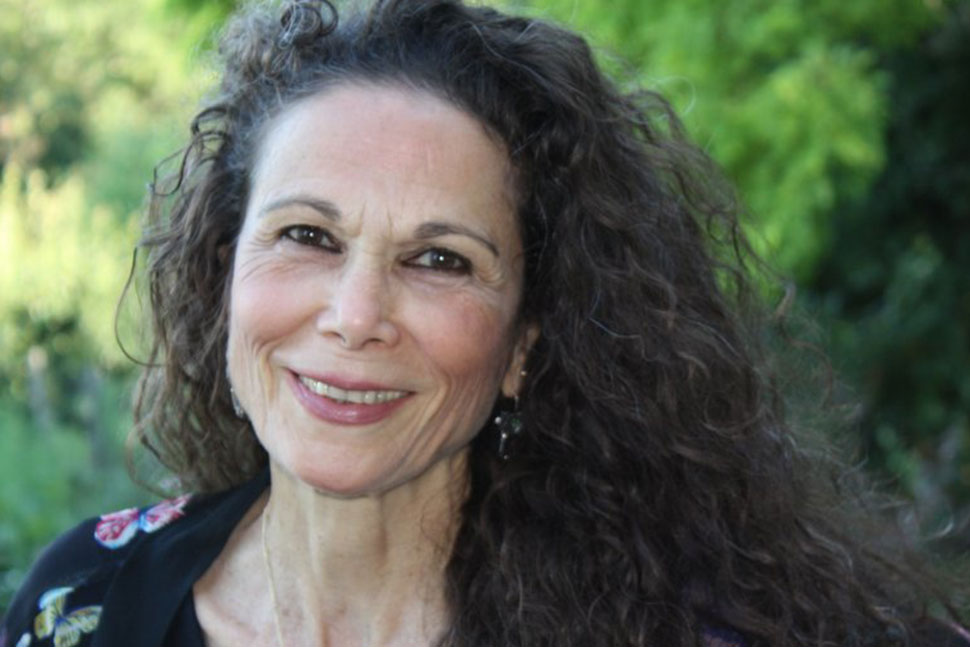Newsmaker: Julia Alvarez

Like many Dominican-American writers of her generation, Julia Alvarez has drawn inspiration from the Dominican Republic’s history (such as the legacy of dictator Rafael Trujillo, in her novel In the Time of the Butterflies) and her experience as a newcomer in the US (How the García Girls Lost Their Accents). Afterlife (Algonquin Books, April), her first adult novel since 2006, is anchored firmly in the present, as a retired professor deals with the loss of her husband, the disappearance of her mercurial sister, and a confusing entanglement with a pair of undocumented immigrants.
What drove you to write this novel? Why now?
Afterlife comes out of a feeling that it’s an elegiac time for our planet, as we watch so many species become extinct, ecosystems in danger, forests burning. It feels like a time of many endings. In our national life—our uncivil society, the divisions, the draconian immigration laws—there’s a lot of loss and grieving.
On a more personal level, I’ve been experiencing a lot of loss. One of the bad things about coming from an extended familia, as I do, is when you start losing people, you don’t just lose a nuclear handful. You lose a whole phalanx of tíos and tías, primos and primas, abuelos.
Usually it’s a pebble in my shoe that leads me through what I’m writing, something that is an inquietud, or restlessness, something bothering you. The question in Afterlife is: How do you live a whole life in broken times? How do you not flee from it, as my character attempts to do? She wants everything safe and contained. How do you become a larger version of yourself living in a diminished world, so you can make it better?
The book is set in the recent past. What are the challenges of writing to the present moment?
The novel is very current, but “very current” nowadays means the instant after the tweet. There’s often a lapse between when something happens and when you integrate it enough to be able to form it into narrative, to work with it. Because when it’s so fresh you’re just blasted with it, or you become numb to it because it’s too much. Now, with our connected world, those quiet lapses don’t happen, but you still feel the need to address and process what’s happening. For me, a story is the best way to understand a moment because it allows for complexity and nuance.
What role have libraries played in your life?
My family and I came to this country from a dictatorship where there was no such institution as a public library. I was not a reader growing up, but I loved stories, because I had come from an oral culture. So a teacher sent me to the library, and the librarians there began to connect me with books that told great stories. It was like all the family members who had been the great storytellers, I could now find between the covers of books.
I often told my writing students that you’re always researching. Even when you’re not focused, you’re always noticing and picking up things. That also requires self-awareness, because you’re coming to the narrative with a certain set of assumptions, and part of your job is to venture outside the gated community of your own point of view or bias.
When you read, you become someone else. Libraries can be a big part of that, because they give people the instruments to become the other, to read and understand, and boy, do we need more of those agents in the culture.
Source of Article